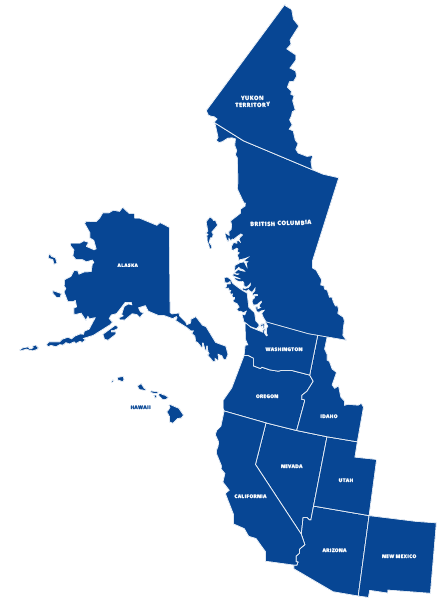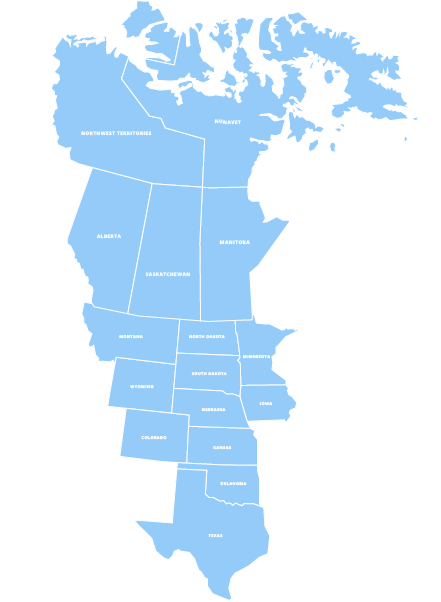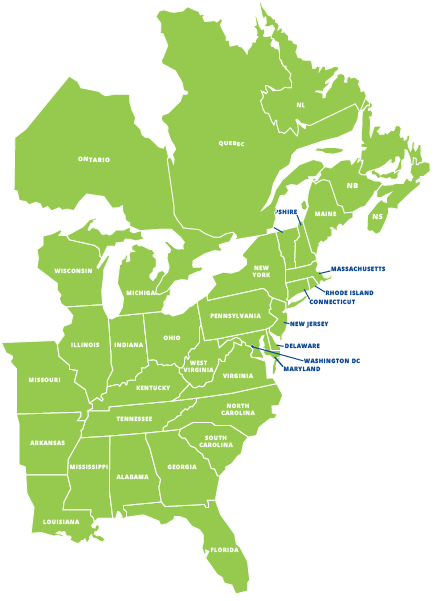Sometimes, the dangers to Kitty don’t lurk outside. They are common household items that could prove toxic to your cat if he or she ingests or otherwise comes into contact with them, including certain houseplants, cleaners, medications, and foods. Protect your pet by keeping these items where they cannot gain access, or out of the house altogether. When using cleansers and similar products, make sure your cat stays away from the treatment area. If you suspect your cat was exposed to a toxic substance, take them to the emergency vet immediately.
Houseplants
Many cats just love to chew on houseplants. Besides the mess created, many houseplants are poisonous to felines. Poinsettias are on the list, but a cat has to eat a considerable amount of this holiday favorite to get very sick. However, consuming a leaf or flower from a lily can prove fatal. The toxins in lilies cause acute kidney failure. Other dangerous houseplants or floral arrangements include:
- Aloe
- Chrysanthemum
- Hibiscus
- Holly
- Iris
Antifreeze
Antifreeze contains ethylene glycol. Unfortunately, the taste of this product attracts cats and dogs. Even a small amount can kill. Even if the cat does not lap it up directly, if he gets antifreeze on his paw and licks it off, it will soon prove fatal. The best way to protect your pet – and wildlife – is by not using an ethylene-based antifreeze. While a propylene-based antifreeze costs more, it does not pose the same poisoning dangers.
Foods
Many foods that are just fine for humans will sicken or kill a cat. For example, chocolate contains caffeine as well as a compound called theobromine. Cats don’t metabolize these items as humans do, and the result is an elevated heart rate and nervous system overstimulation.
Other foods that your cat should never eat include:
- Garlic
- Grapes/raisins
- Mushrooms
- Onions
Never allow Kitty to lap up coffee or alcohol.
Medications
Keep all medications, whether prescription or over-the-counter, where Kitty can’t get at them. Never give your cat any human medication without checking with your veterinarian. Pet-proof the areas where you store these drugs and other risky substances so your cat can’t open a cabinet door or drawer.
Household Cleaners
All sorts of household cleaners are potentially toxic to cats. While you may already know to keep Kitty away from ammonia, bleach, and other strong substances, even ingesting laundry detergent can cause serious illness or death. For best results, use non-toxic, environmentally-friendly products for cleaning. Avoid using automatic toilet bowl cleaners. If the cat drinks out of the toilet, the chemicals in these automatic cleaners can make him very sick.
Professional Pet Care Equipment for Cats
At Direct Animal, our pet care experts design and manufacture durable and easy-to-clean cat condos and other equipment for animal facilities made to last the life of your business. That’s true whether you are a veterinarian or run a boarding facility, doggy daycare, or another pet-based enterprise. Rely on us for animal care equipment that is ergonomic, hygienic, and affordable. For more information or to place an order, contact us today!




